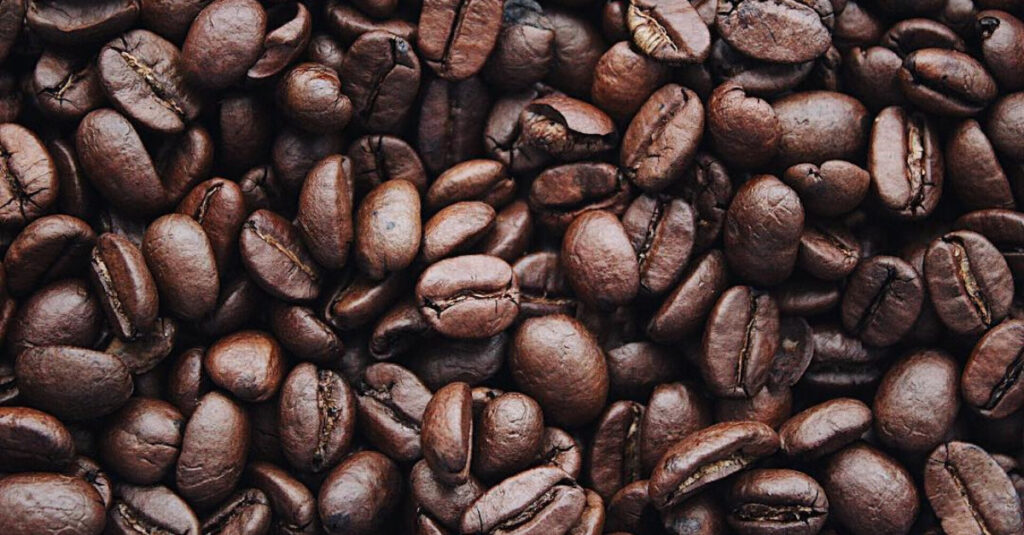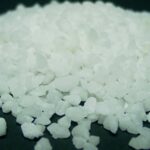Why does coffee raise blood pressure? The answer is simple. Caffeine (a central nervous system stimulant of the methylxanthine class) is a vasoconstrictor. It means that caffeine decreases the size of blood vessels raises blood pressure.
How much and for how long does coffee raise blood pressure
Healthline refers a review of 34 studies on links between coffee and blood pressure. Researchers who conducted the studies concluded that 200–300 mg of caffeine from coffee – approximately the amount you’d consume in 1.5–2 cups of coffee raises your blood pressure by 8 mm Hg and 6 mm Hg in systolic and diastolic blood pressure, respectively.
However, authors of other studies point to importance of caffeine tolerance. Acquired by many regular coffee drinkers, it diminishes the acute effect of caffeine on blood pressure. Reviews of caffeine’s acute effect on blood pressure indicate changes of up to15 mm Hg systolic and up to 13 mm Hg diastolic. Typically, blood pressure changes occur within 30 minutes, peak in 1-2 hours, and may persist for more than 4 hours.
Does coffee raise blood pressure of hypertension sufferers or everybody?
Most studies say that results were similar in people with normal blood pressure and those with pre-existing high blood pressure. However, results of several recent studies indicate that hypertensive individuals are more susceptible to blood pressure changes, after drinking coffee.
Shall I abstain from coffee if I have hypertension?
Does coffee raise blood pressure? The answer is yes. How much is it safe to drink? You can limit caffeine intake to 200 milligrams per day if you’re concerned about how caffeine affects your blood pressure – about the same amount as in two 8-ounce cups of black coffee.
Please note that depending on the brand and preparation method, coffee, energy drinks, and other beverages may contain different amounts of caffeine.
Also, caffeine should also be avoided right before hard physical labor or exercise if you have high blood pressure. It is particularly important if you are exercising outdoors.
Studies have shown that moderate caffeine intake is safe for people with hypertension phase 1. Also, most researchers conclude that regular consumption of coffee and other beverages with caffeine content does not put non-hypertensive individuals at risk to develop hypertension, coffee leads to only temporary changes.
However, if you have a pre-history of hypertension, especially in combination with irregular heartbeats, most nutritionists recommend to watch your overall caffeine intake.
How much caffeine is too much?
Caffeine consumption should not exceed 400 mg per day for adults. This would be about four cups of coffee, which is enough for most adults. Drinking a bit more than this shouldn’t cause any problems but drinking too much caffeine can cause seizures and other serious side effects. Too much is in excess of 1,200 mg caffeine per day, that is about 12 cups.
What will I then drink, if I give up on coffee?
If you cannot function well without caffeine, you may have developed a dependency, an addiction. Perhaps it is time to take care of it. Here are some alternatives to coffee:
Chicory root “coffee”
tastes similar to coffee, hence may be a great way out of your caffeine dependency. Other stated benefits (improved bowel movement, delay of diabetes) need confirmations.
Maca
While it may not provide an energy boost that we know from caffeine, this plant enhances mental focus.
Ginseng tea
It replenishes your energy, sharpens your focus, and keeps you alert. Thus, it is a great alternative to coffee. However, ginseng has side effects that may exacerbate some chronic conditions, so speak with your doctor before use.
Peppermint tea
Peppermint boosts your energy as strong as coffee. However, it is not perceived as such. Most think that tea is weaker than coffee. Peppermint tea is proof that this statement is false.
Golden milk
A traditional Indian beverage made with turmeric, non-dairy milk, cinnamon, and ginger. It may also help to reduce inflammation or an upset stomach when consumed as a warm, soothing cup of golden milk.





